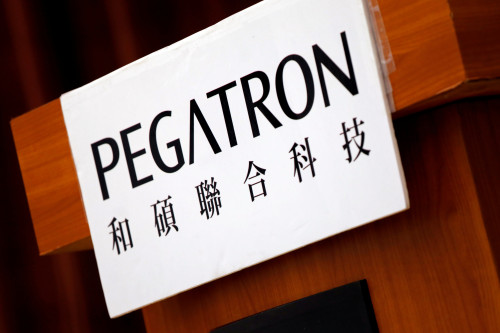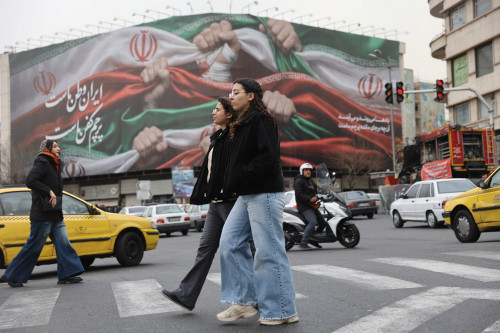
Chile peso firms, stocks rally after right-wing tilt in Sunday elections
(Corrects spelling of Nicolas Jaquier in paragraph 9 of Nov 17 story with no other changes to text)
By Karin Strohecker and Rodrigo Campos
LONDON/NEW YORK (Reuters) -Chile’s peso and stocks strengthened, while bond yields ticked lower, as analysts viewed the first-round vote in Chile’s presidential election as potentially paving the way for more market-friendly initiatives under a right-wing government.
Following the vote on Sunday, far-right candidate Jose Antonio Kast is favoured to clinch victory in the December 14 runoff after lagging closely behind governing coalition candidate Jeannette Jara. No clear majority emerged in the Senate or Congress, but Kast is expected to eventually be able to pass some reforms with broad appeal.
The combined vote share of all right-leaning candidates surpassed 50%, making it likely that Kast would consolidate votes in the second round, positioning him for a decisive victory, said Thierry Larose, portfolio manager at Vontobel.
“This outcome is seen as moderately bullish for Chilean assets,” Larose said in emailed comments. “A likely Kast presidency, combined with a right-leaning but fragmented Congress, is expected to support local assets such as Chilean bonds and the peso.”
Chilean stocks rose, with the local benchmark up 3.1%, mirroring the move in Chilean stocks traded in U.S. exchanges. The U.S.-traded shares of SQM jumped 9%.
The election results could accelerate the reform process that has already begun in Chile, according to Morgan Stanley analysts. “Deregulation, pension reform and capital markets reform are key for the Chilean investment narrative,” they said, noting that much of the positive news is already priced in.
MSCI’s Chile equity benchmark added over 4% to take its year-to-date gains above 50%.
Chile’s peso strengthened as much as 1.7% on Monday but ended up just 0.2%, taking its year-to-date gains against the dollar to 7.6%. The currency could have room to run as it has underperformed regional peers from Brazil to Colombia or Mexico, whose currencies have strengthened 14% or more since the start of the year.
“This is a very constructive scenario for Chile going forward,” said Nicolas Jaquier, EM fixed income portfolio manager at Ninety One, via email. “We think the electoral result will trigger a boost to business sentiment with the country well positioned to capitalise on the record pipeline of investment projects in the mining sector and the implementation of some key reforms.”
Law-and-order issues and immigration have dominated Chile’s electoral agenda, marking a sea change from the wave of left-wing optimism and hopes of drafting a new constitution that brought current President Gabriel Boric to power. Boric is not allowed to run for immediate reelection.
The runoff pits two ideological extremes against each other. An eventual win for Kast would put in place an administration further to the right than any other since the Pinochet dictatorship.
“For markets, a Kast victory offers the prospects of fiscal consolidation and a renewed focus on attracting much-needed investments and boosting Chile’s lacklustre growth,” said Nafez Zouk, EM sovereign debt analyst at Aviva Investors.
“Markets should find comfort in the fact that the political landscape should permit a move towards more centrist macro policy-making, with the debate amongst the candidates having been about how much, not whether, to consolidate fiscal accounts.”
(Reporting by Karin Strohecker and Rodrigo Campos; additional reporting by Libby George and Marc Jones; Editing by Hugh Lawson and Alistair Bell)





